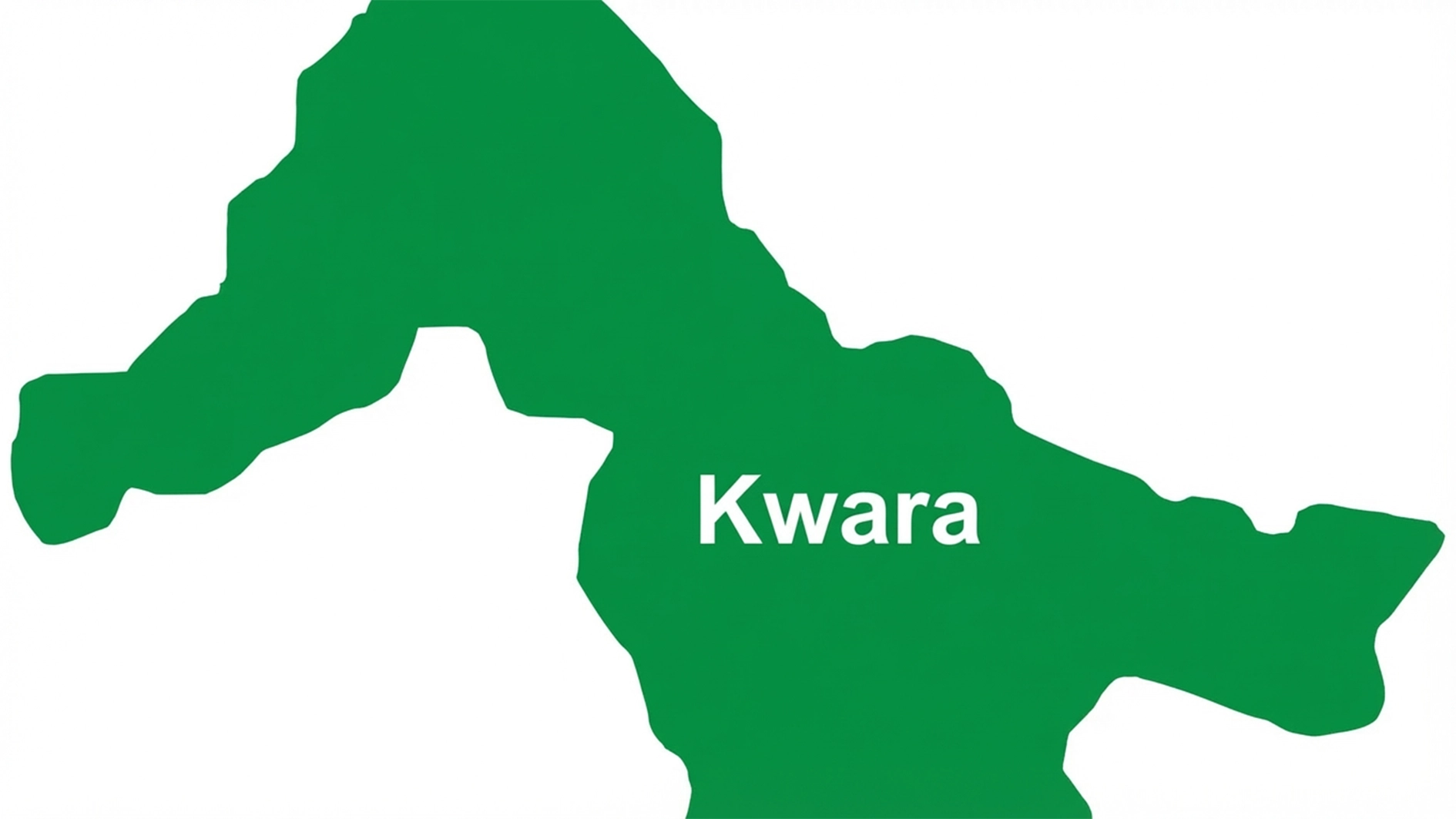The African Democratic Congress (ADC) on Monday accused the Economic and Financial Crimes Commission (EFCC) of abandoning its statutory mandate to combat corruption impartially, alleging that the anti-graft agency has become a political tool for the ruling All Progressives Congress (APC).
The party condemned what it described as “selective investigations” aimed at intimidating opposition figures, warning that such actions erode public trust and undermine the integrity of the nation’s anti-corruption framework.
In a statement signed by its National Publicity Secretary, Mallam Bolaji Abdullahi, the ADC noted that recent summons issued to senior members of the opposition coalition were politically motivated, targeting individuals not because of new evidence, but due to their political affiliations.
It said these cases, often based on “files dug up from years past,” amount to harassment rather than legitimate prosecution.
According to the opposition party, the EFCC was created to be a fearless defender of the Nigerian people’s trust, applying the law evenly to all, friend or foe, ruling party or opposition.
“Today, that vision appears to have been compromised. The Commission now operates like a department of the APC, deployed to fight government critics and opposition figures, thereby achieving what the government cannot achieve through public debate,” it added.
The ADC further accused the EFCC of double standards, noting that while allegations against opposition leaders are swiftly revived and publicised, cases involving allies of the ruling party often “fade quietly away.”
Citing a specific example, Abdullahi claimed that investigations into the administration of a former governor were abruptly dropped after his defection to the APC, while opposition figures continue to face “stale allegations dressed up as fresh evidence.”
“It does not augur well for the EFCC if people think that all it takes to face its wrath is to stand against the ruling party, and all it takes for protection is to align with the government,” he warned. “This perception, which is now widely held, is being reinforced by the commission’s recent actions, including the surreptitious harassment of opposition leaders.”
The party called on Nigerians, civil society organisations, and the media to resist what it described as a “dangerous slide into dictatorship,” insisting that the EFCC is a public institution funded by taxpayers and not an arm of any political party.
“The EFCC does not belong to the APC. It belongs to the Nigerian people,” the statement stressed.
The EFCC has yet to respond to the allegations at the time of filing this report.






